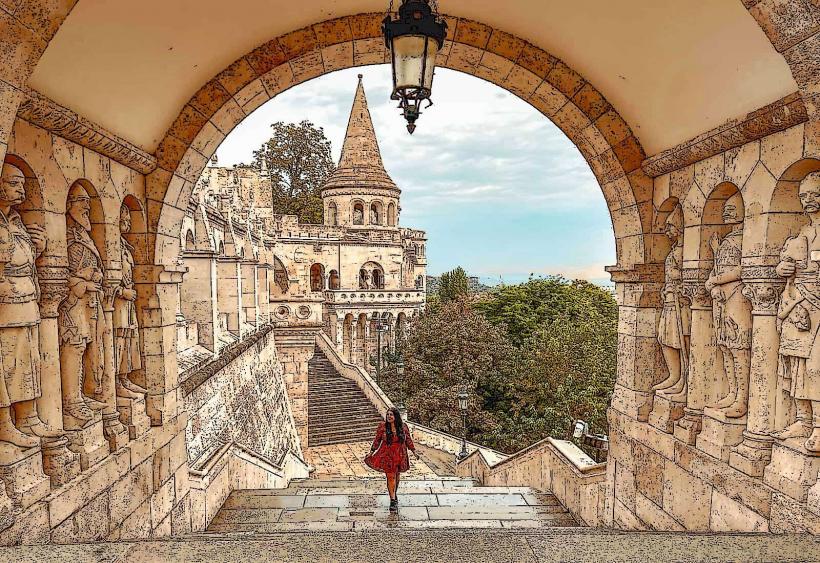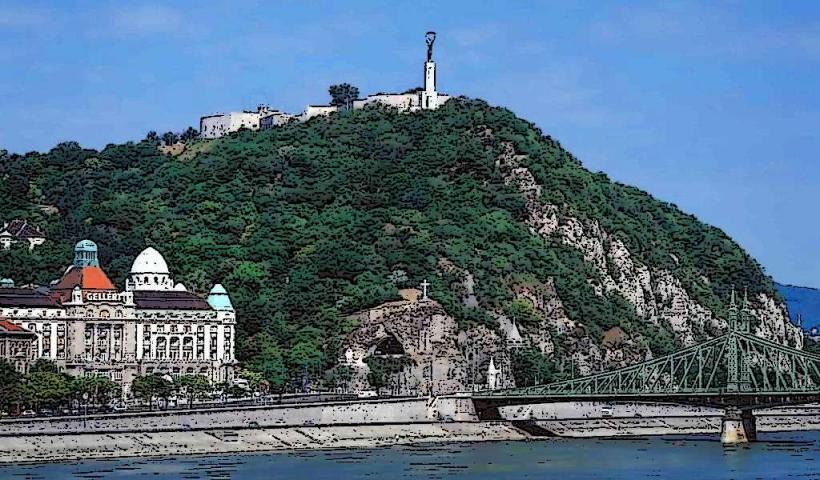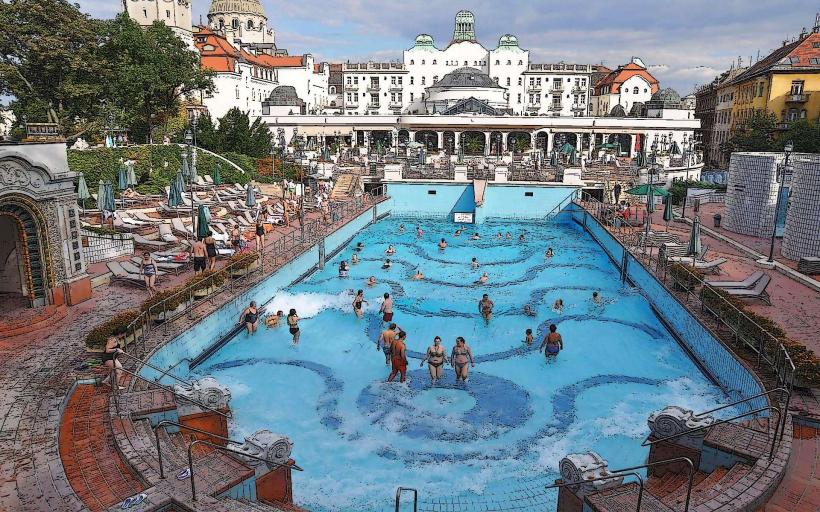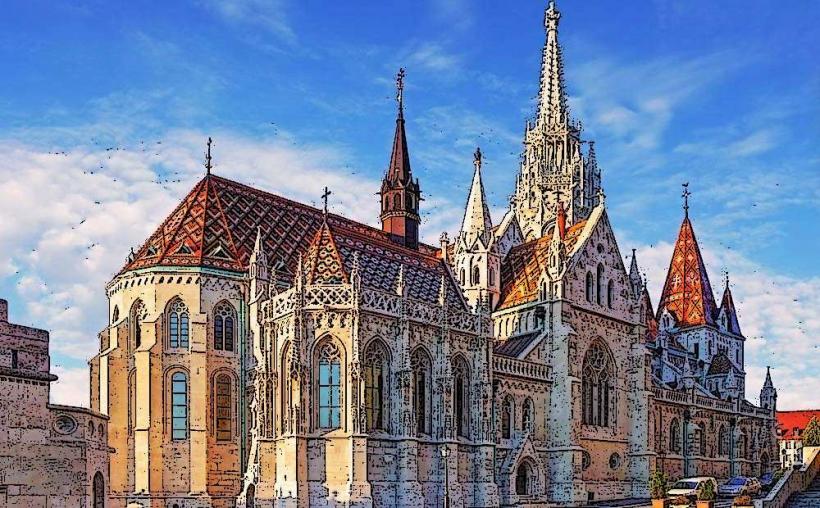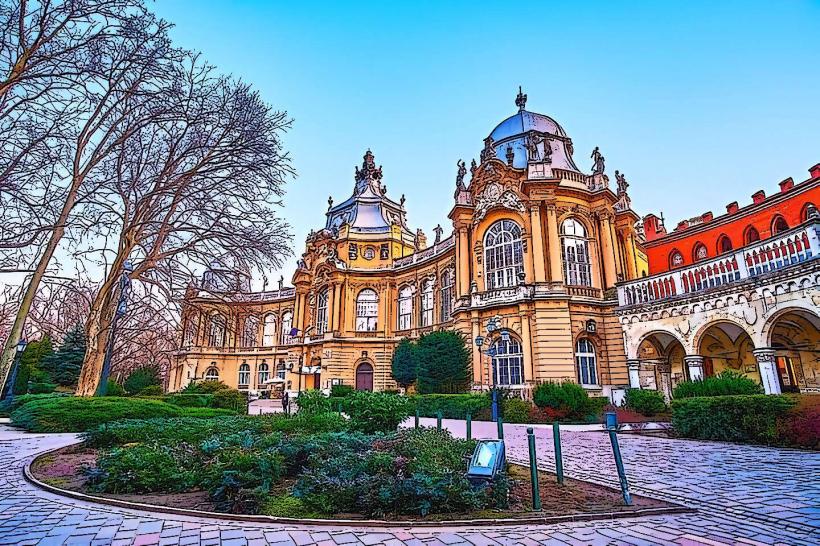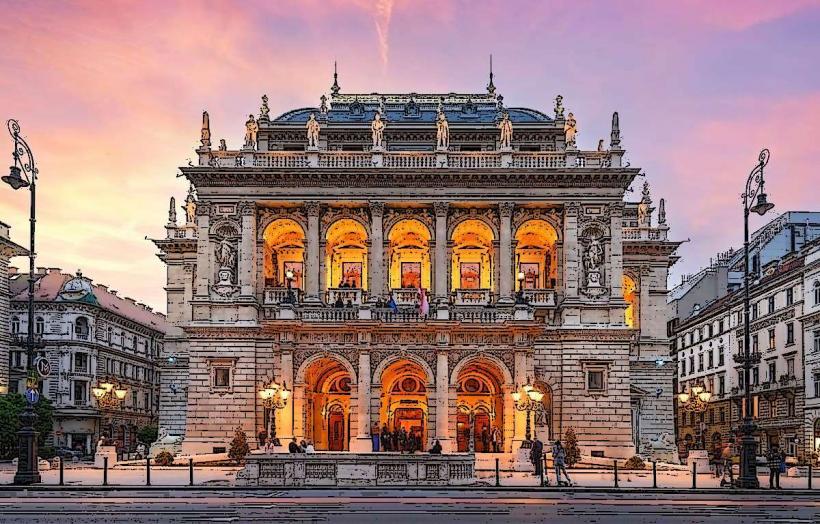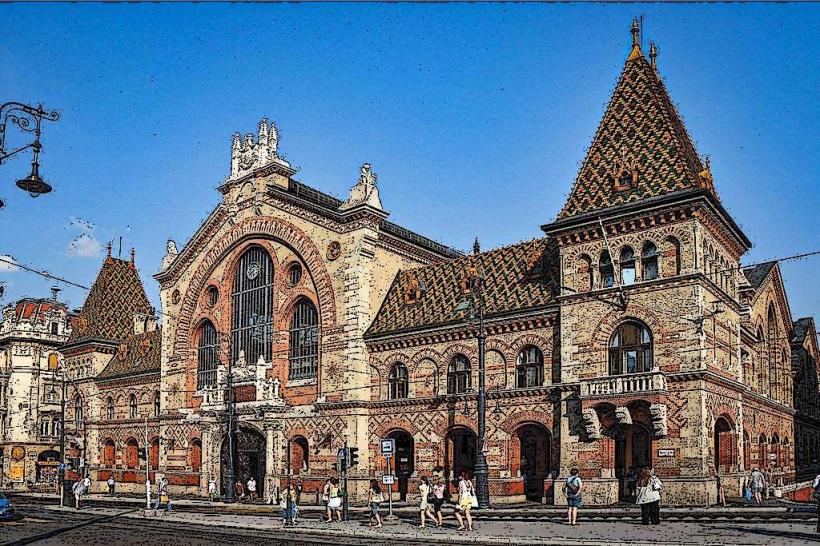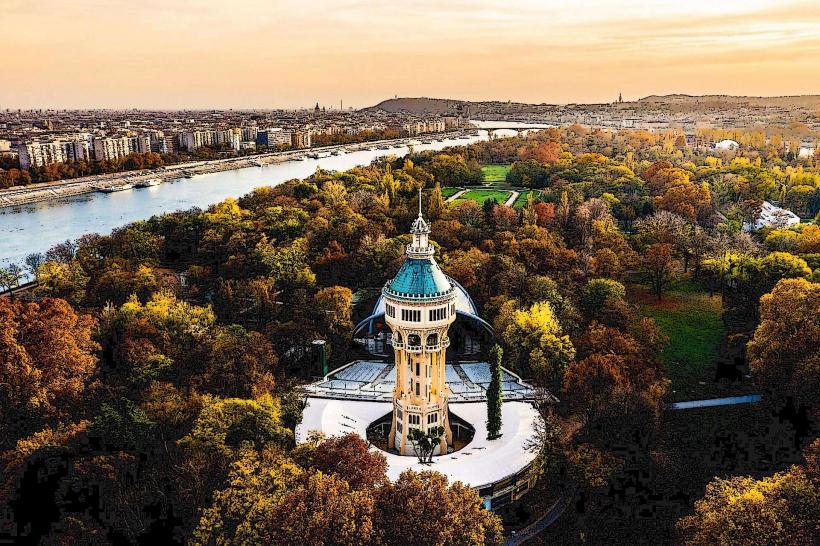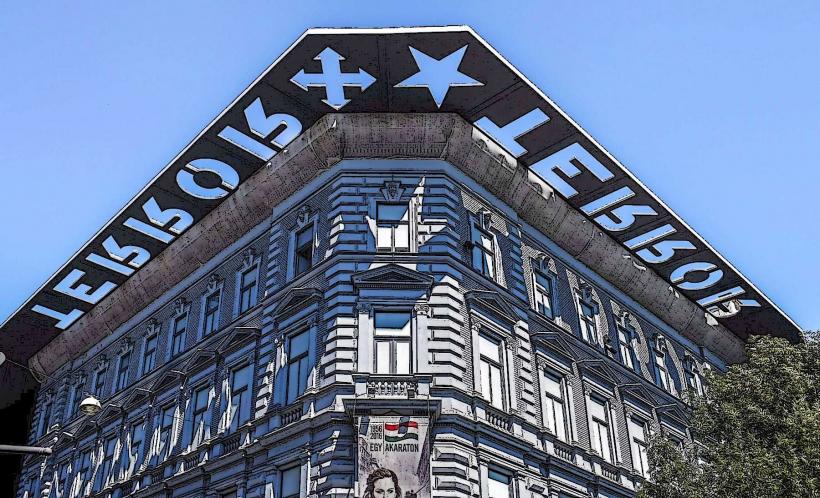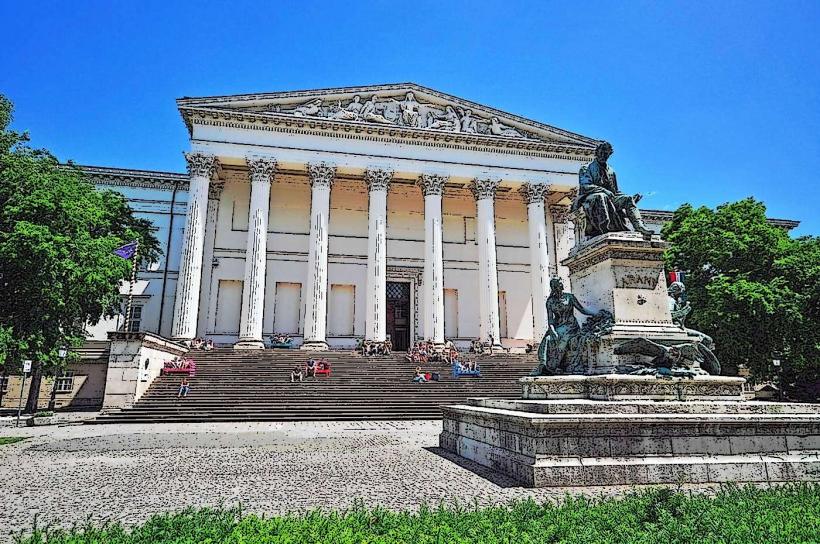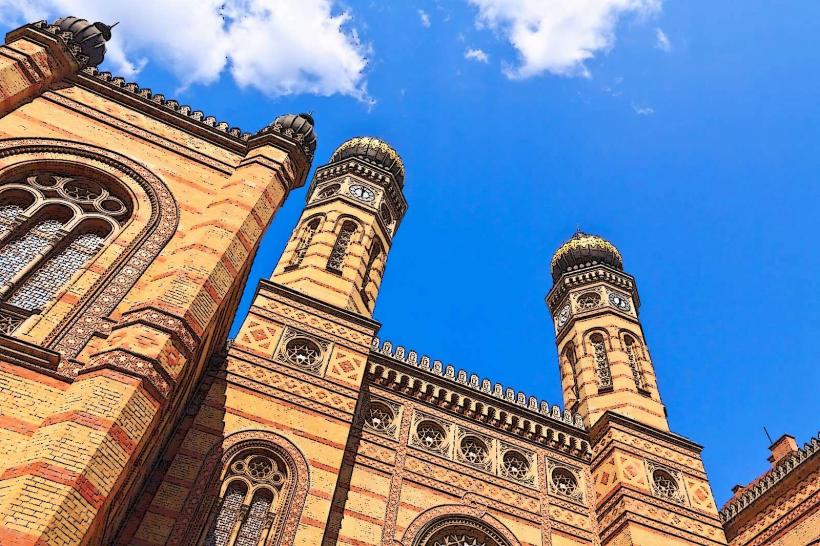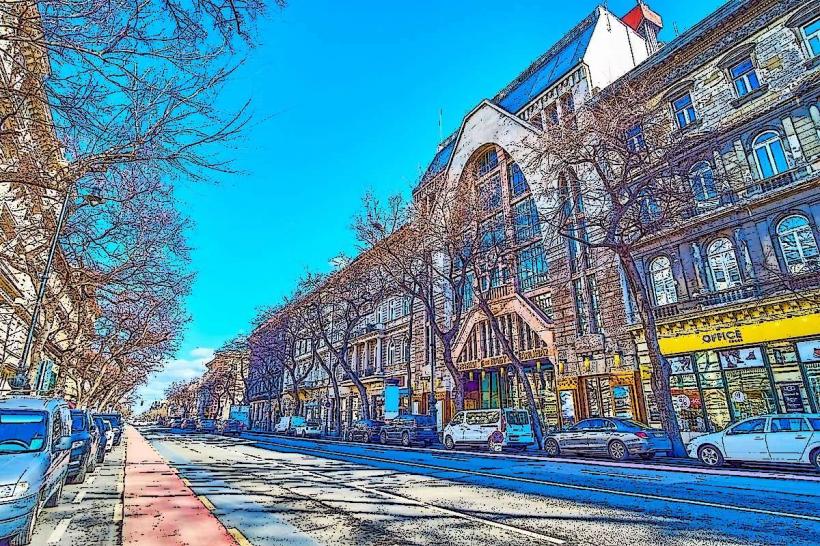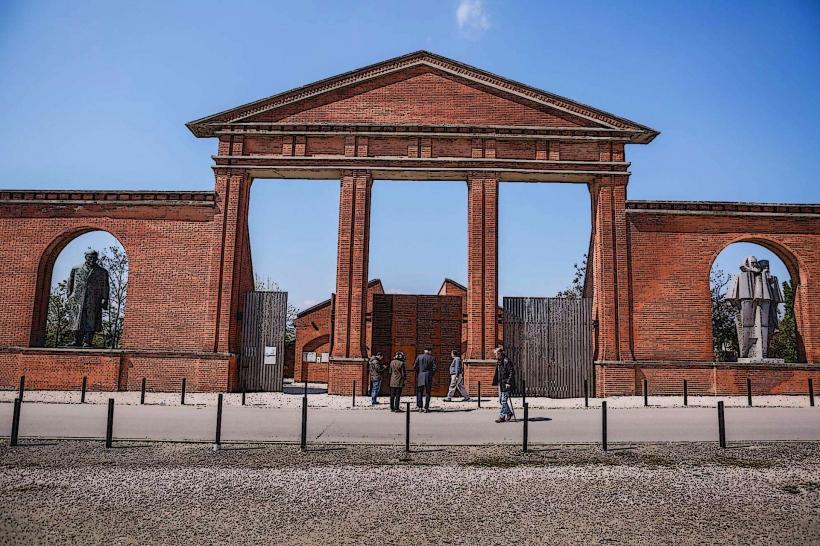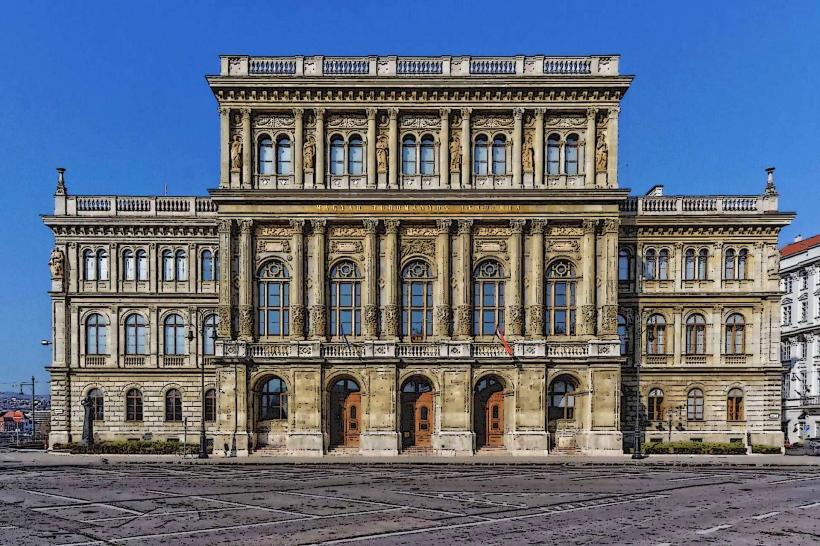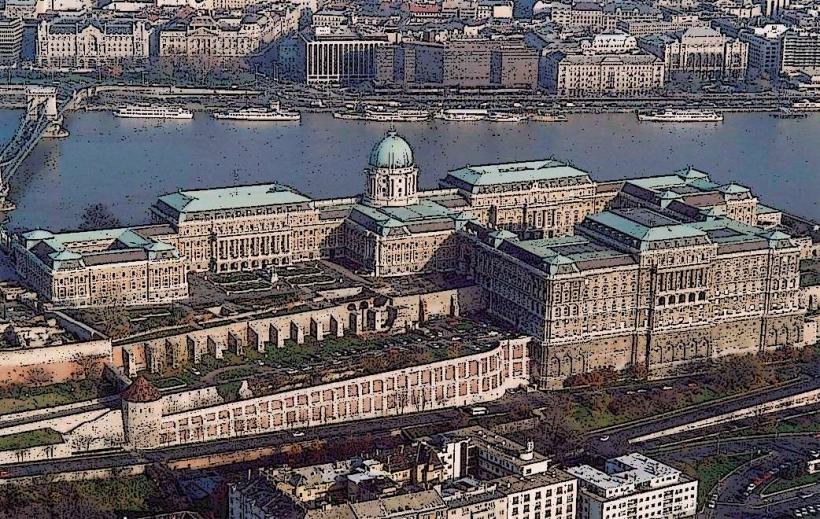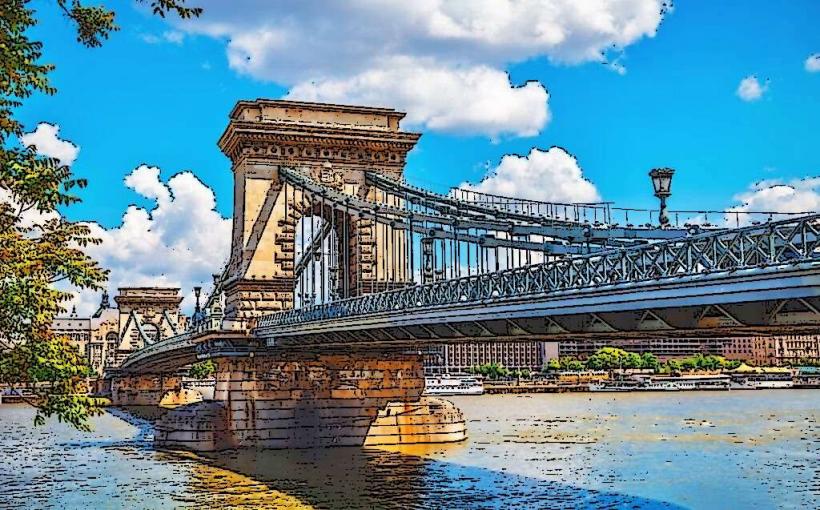Information
Landmark: Keleti Railway StationCity: Budapest
Country: Hungary
Continent: Europe
Keleti Railway Station (Budapest Keleti pályaudvar) is one of the major railway stations in Budapest, Hungary, and a key transport hub in the country. It is known for its historical significance, grand architecture, and its role in connecting Budapest to both domestic and international destinations.
Location and Importance
- Situated in the eastern part of Budapest, the station is located in the VIIIth District (Józsefváros) and serves as a primary station for trains traveling to the eastern regions of Hungary and other European destinations. Its name, "Keleti," translates to "Eastern" in Hungarian, which reflects its role in handling trains heading toward Eastern Hungary and beyond, such as destinations in Romania, Serbia, and Ukraine.
- Key Transportation Hub: As one of Budapest's main railway stations, Keleti serves both local and international routes. It handles hundreds of thousands of passengers annually, connecting them to cities like Vienna, Prague, Bucharest, and Belgrade.
History and Architecture
Opening: Keleti Railway Station was officially opened in 1884, marking a significant development in Hungary’s rail infrastructure. The station was built during a period of great growth in railway transportation across Europe, and Budapest became a central point for international and domestic travel.
Architectural Style: The station is renowned for its eclectic style, blending elements of Renaissance Revival and Industrial architecture. The design incorporates grand arches, elaborate decorations, and large windows, giving the building a classical yet functional appearance.
Architects: The original design of Keleti Railway Station was by the Hungarian architect Kálmán Giergl, with further input from Gyula Sándy, who made modifications during its construction. The station's interior, particularly the large central hall, was designed to be as grand as its exterior, with high ceilings, marble floors, and iron-and-glass roofing, typical of the era's railway stations.
The Main Hall: The main hall of Keleti Station is striking, with its soaring glass ceiling and ironwork, allowing for natural light to flood the space. It creates a sense of openness and grandeur, fitting for a major transport terminal.
Facade: The station’s grand façade, facing Rákóczi Avenue, is adorned with statues and reliefs that enhance its monumental look. The building is dominated by a large central archway with columns on either side and a towering clock above, making it an unmistakable part of the Budapest skyline.
Facilities and Services
Platforms: The station has 16 platforms, serving a wide variety of domestic and international routes. It handles high-speed trains, regional trains, and long-distance services, offering a wide array of connections to different parts of Hungary and Europe.
Modern Upgrades: While the station has maintained its historic charm, it has undergone several modernizations over the years to meet the demands of modern travel. The interior has been upgraded with ticketing systems, shops, cafés, and waiting areas. Recent renovations have also improved accessibility for people with disabilities, and the station continues to be a hub for international train travel.
International Connections: Keleti Railway Station is the starting point for international trains connecting Budapest to other European capitals and cities. It serves as the main terminal for trains heading eastward, to destinations like Belgrade, Bucharest, and Lviv. EuroCity (EC) and InterCity (IC) trains also operate from the station.
Key Features
Connection to the Metro: Keleti is well connected to the Budapest Metro system. Metro Line M2 (the Red Line) passes through the station, making it easy for passengers to reach the city center and other parts of the city quickly. This underground access adds convenience for those traveling to and from the station.
Surrounding Area: The station is located in a vibrant area of Budapest, near significant neighborhoods and attractions. Józsefváros is a bustling district with a mix of residential areas, shops, and restaurants. The station itself serves as a landmark in the area, with both locals and tourists passing through regularly.
Night Trains: Keleti is also the terminus for several night trains, providing connections to distant parts of the country and to international destinations. These night trains are particularly popular among travelers who prefer to travel overnight, saving on both accommodation and time.
Cultural Significance
A Historical Landmark: Over the years, Keleti Railway Station has become an iconic part of Budapest's architectural and cultural heritage. It has been featured in several films, books, and postcards, symbolizing the city’s historical role as a crossroads of Central and Eastern Europe.
Role in History: During Hungary’s communist era (1949-1989), Keleti was a key point of departure for many Hungarians leaving the country, often for political reasons. It has also seen significant historical moments, including the departure of refugees during the 1956 Hungarian Revolution.
Notable Events and Renovations
In recent years, renovation projects have aimed to modernize the station while preserving its historical charm. The station building's facade and interior have been cleaned and restored, ensuring that its architectural beauty remains intact.
Controversy Over Renovations: Despite the positive developments, some of the renovation projects have sparked debate, particularly regarding the balance between preserving the historical character of the station and the need for modern amenities. Efforts to improve the station’s functionality, while still retaining its traditional features, have been a significant challenge.
Future Developments
The Hungarian government has discussed further plans to develop Keleti Railway Station as part of a broader initiative to modernize Budapest's public transport system and connect it with more European cities. High-speed trains and intermodal transport hubs may eventually expand the station's capacity, ensuring that it remains a key player in Budapest’s transport infrastructure for years to come.
Conclusion
Keleti Railway Station is an essential part of Budapest's transport network and a historical symbol of Hungary’s rail legacy. Its grand architecture, rich history, and strategic location make it a unique landmark in the city. Whether you are traveling by train or simply visiting to admire the building, Keleti Railway Station offers a fascinating glimpse into Budapest's past and its future as a modern European capital.


